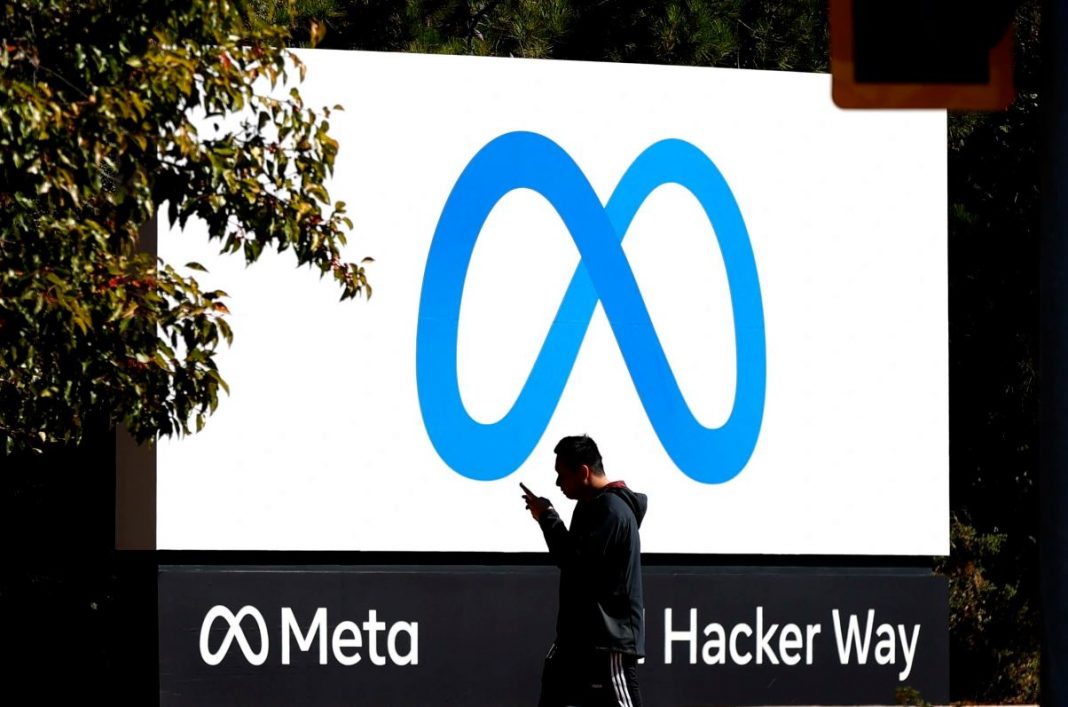A virtual reality environment known as the metaverse is where Mark Zuckerberg, the creator of Facebook, has placed his firm’s future at risk, according to the corporation. On Wednesday, the corporation demonstrated that it was still in the midst of its makeover.
Meta, the corporation previously known as Facebook, announced a $7.5 billion profit for the first quarter, a decrease of 21 percent from the same period the previous year. The company’s revenue increased by 7% to $27.9 billion. Financial experts had forecast a profit of $7.1 billion on sales of $28.2 billion, according to Wall Street.
Meta’s poor financial report in February, in which the firm also reported dropping profitability and sluggish user growth, set the stage for these latest outcomes. The next day, Meta’s stock fell by 26 percent, and the company’s market worth dropped by more than $230 billion, marking the worst one-day wipeout in the company’s history.
The company’s first back-to-back profit decreases in more than a decade occurred in the first two quarters of this year, a reminder of the problems it is having as it shifts its business strategy. While Meta is investing substantially on metaverse-related items such as virtual-reality goggles, it is still unclear whether or not people will be interested in purchasing such devices. At the same time, the company’s major social networking applications, such as Instagram, WhatsApp, and Messenger, are experiencing difficulties. As new users decline, competition from competitors such as TikTok, a Chinese-owned video-sharing service, grows in intensity and frequency.
Mr. Zuckerberg issued a statement on Wednesday in which he said that he was adhering to his metaverse strategy. The CEO expressed his confidence in the long-term prospects and growth that would be unlocked by the company’s product road plan.
Apple’s move to allow iPhone users to restrict the ability of applications to monitor their online activity has had a negative impact on Meta’s primary business of digital advertising. Meta’s ability to target advertisements to individuals using iPhones has been hampered as a result of this shift. The introduction of comparable privacy measures to Google’s mobile devices has also been considered, which might have a negative impact on Meta’s ad business.
Following Russia’s invasion of Ukraine in March, the social media platforms Facebook and Instagram were blocked, resulting in the loss of tens of millions of users, according to experts. Facebook had already declared that it will begin labelling Russian state-backed media and that it would loosen hate-speech regulations for Ukrainian users starting this month.
Meta said on Wednesday that the number of users across its family of applications increased by 6 percent from a year earlier and was somewhat higher than in the previous quarter. The number of people who are active on Facebook climbed to 1.96 billion per day in the first quarter of this year from 1.93 billion in the previous quarter, according to data from Facebook.
At the beginning of February, Meta announced that the primary Facebook application had lost almost half a million users from the previous quarter to the fourth quarter. It was the first time in the company’s history that it had seen such a decrease.
During after-hours trading, Meta’s shares, which had closed regular trading at $174.95, had risen by more than 17 percent.

